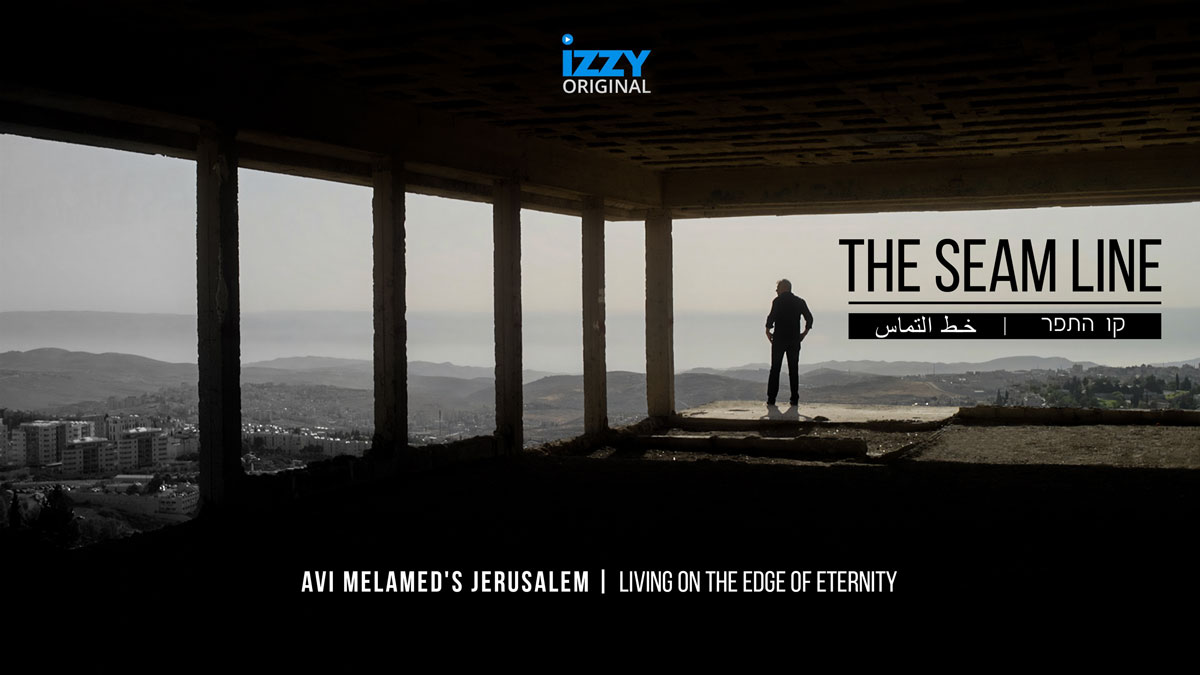|
Getting your Trinity Audio player ready...
|
Avi Melamed’s full article about “This is what we can learn from the lessons of the Iran nuclear deal ” recommended in the Israel’s GPO (Government Press Office), as Originally published in USA-Today | July 07, 2023.
This article has been shared by over 225 publications as well as by YAHOO! NEWS
Estimated reading time: 7 minutes
Recent reports of a potential understanding or agreement between the United States and Iran on the Iranian nuclear program underscore the need to revisit the lessons and insights learned from the 2015 agreement known as the Joint Comprehensive Plan of Action. An agreement Iran signed on July 14, 2015, with the P5+1, the five permanent members of the United Nations Security Council — China, France, Russia, United Kingdom, and the United States — and Germany. The JCPOA agreement was flawed from the beginning and any government looking to enter any agreement with Iran must understand the country’s negotiation tactics to avoid making the same mistakes.
Effectively negotiating with the Shi’ite regime in Tehran requires a deep understanding of their mindset, outlook and negotiation tactics. The regime sees itself as a revolutionary power, propelled by narratives of victimhood, an apocalyptic view of history and a sense of moral and cultural superiority. It is essential to recognize that the Shi’ite mindset and creed legitimize and even demand dishonesty, like the deception, dissimulation and diversion tactics employed during the JCPOA negotiations. The 5+1 premise was that the agreement would restrain Iran’s aggressive regional and global policies and contribute to overall stability in the Middle East. This belief proved to be wishful thinking and the result of the JCPOA agreement was the exact opposite, and ended up encouraging the regime to escalate and expand its aggression in the region.
Avi Melamed’s full article about “This is what we can learn from the lessons of the Iran nuclear deal ” recommended in the Israel’s GPO (Government Press Office), as Originally published in USA-Today | July 07, 2023.
Following the signing of the JCPOA, Iran has further increased its regional aggression, entrenching itself in sensitive and strategic areas. It has expanded and strengthened its network by providing funding and advanced weaponry to its allies and proxies — including high-precision missiles, rockets and assault drones. Iran has directly or indirectly attacked maritime traffic in crucial waterways such as the Arab-Persian Gulf, the Straits of Hormuz, the Bab el-Mandeb Strait and the Red Sea. Iran has targeted oil infrastructure in Saudi Arabia and the UAE and directly attacked Israel. When it comes to its nuclear program, official reports from the International Atomic Energy Agency repeatedly highlight Iran’s evasion of commitments, refusal to cooperate and concealment of activities.
It is crucial to understand these facts because contrary to some arguments, the United States’ withdrawal from the JCPOA in May 2018 was not the cause of growing Iranian aggression; it was the outcome of Iranian aggression. It is essential to acknowledge that Western negotiators failed to grasp Iran’s true objectives during the negotiations. The Iranians were less concerned about securing a deal regarding their nuclear project and more focused on securing other assets. And they succeeded. At the core of the regime’s master plan to become the hegemonic power in the region lies a triangular strategy: missiles and drones, terrorist groups, and its nuclear program. These elements are not separate; they operate as a “mutual insurance” ecosystem. Iran’s ballistic missile program and terrorist armies serve to deter attacks on its nuclear program, while the nuclear program deters attacks on its terrorist armies. The JCPOA’s Western negotiators failed to comprehend this master plan, and because of it, their drafted agreement completely disregarded this triangle, playing into Iran’s hands.
Iran’s involvement in the conflict in Ukraine served as a wake-up call for Western leaders, highlighting the urgent need to confront Iran’s triangular model. However, this objective cannot be achieved solely through formal agreements. The regime is unlikely to sign such agreements, and even if they do, they are likely to be empty commitments while the regime continues with its current trajectory. The regime operates under the assumption that the West will refrain from employing military force to enforce compliance, a premise that appears accurate. Consequently, Iran will continue to exploit its triangular model to expand its influence in the Middle East and pursue its goal of being the regional superpower.
Under these circumstances, what tools does the West have to effectively address the Iranian challenge? One tool is the imposition of biting sanctions. The Iranian economy is in shambles, and there is increasing unrest within the country. Continued sanctions threaten the regime’s endurance, which is the reason Tehran is so desperate to have the current sanctions lifted quickly. Another tool at the West’s disposal is the emergence of an Arab alliance comprising major Arab players like Egypt, Iraq, Jordan, Qatar, Saudi Arabia and the UAE. Efforts are already underway to establish this coalition, and one of its primary objectives is to curb Iran’s aggression and influence. The United States can and should play a pivotal role in this confederation by leveraging its significant influence in each of these countries through soft power and multi-track diplomacy efforts and channels.
Collectively, the U.S. and Arab alliance can help restrict Iran’s influence in Iraq, Lebanon, and Syria. These contiguous countries are the lynchpin of Iran’s master plan. An Iranian-controlled corridor from Iran, Iraq, Syria, and Lebanon to the Mediterranean Sea. Developments in these countries have the potential to weaken Iran’s grip. For instance, Iraq and Lebanon are witnessing a rise in nationalistic patriotism as a response to Tehran’s influence, thus weakening Iranian influence in these two countries. The Arab world’s formal reacceptance of Syrian President Bashar al-Assad, particularly the Saudi-Assad rapprochement, also has the potential to weaken Iran’s grip in Syria, a development that would significantly decrease Iran’s influence throughout the Middle East. Furthermore, large-scale economic and infrastructure projects involving the members of the emerging Arab alliance — such as an Iraqi-Jordanian oil pipeline, a railroad project connecting the Gulf, Iraq, and Turkey and an Egyptian-Jordanian project to provide gas for electricity generation in Lebanon and Syria — provide the U.S. with an opportunity to deepen its influence while simultaneously restricting Iran’s hegemonic aspirations.
Avi Melamed’s full article about “This is what we can learn from the lessons of the Iran nuclear deal ” recommended in the Israel’s GPO (Government Press Office), as Originally published in USA-Today | July 07, 2023.
It is unlikely that a comprehensive agreement between the U.S. and Iran will be achieved in the foreseeable future. However, a partial understanding on specific issues may emerge shortly. Nevertheless, the key takeaway from the JCPOA’s failings is that an agreement or understanding with Iran alone will not provide a comprehensive response to the Iranian challenge.
To provide any chance at lasting stability in the region vis-à-vis Iran’s triangle of aggression, the U.S. must draw on the lessons of the JCPOA negotiations and pursue a more comprehensive approach that won’t just focus on Iran’s nuclear ambitions. The West needs to invest the time and energy into understanding Iran’s tactics, developing and implementing a proactive policy, leveraging tools such as sanctions, strengthening regional alliances, supporting a regional alignment capable of effectively balancing the Iranian threat, and pursuing common interests among key regional players seeking cooperation and security.
Avi Melamed’s full article about “This is what we can learn from the lessons of the Iran nuclear deal ” recommended in the Israel’s GPO (Government Press Office), as Originally published in USA-Today | July 07, 2023.
If you want to have a better understanding of the news and what really drives the unfolding events…
Read the latest book of Avi Melamed,
INSIDE THE MIDDLE EAST | ENTERING A NEW ERA, available now >>>


Follow me on Twitter @AviMelamed; Facebook @InsideTheMiddleEast; for more Videos on YouTube https://www.youtube.com/c/AviMelamed
I can always be reached at Av*@********ed.com
































































